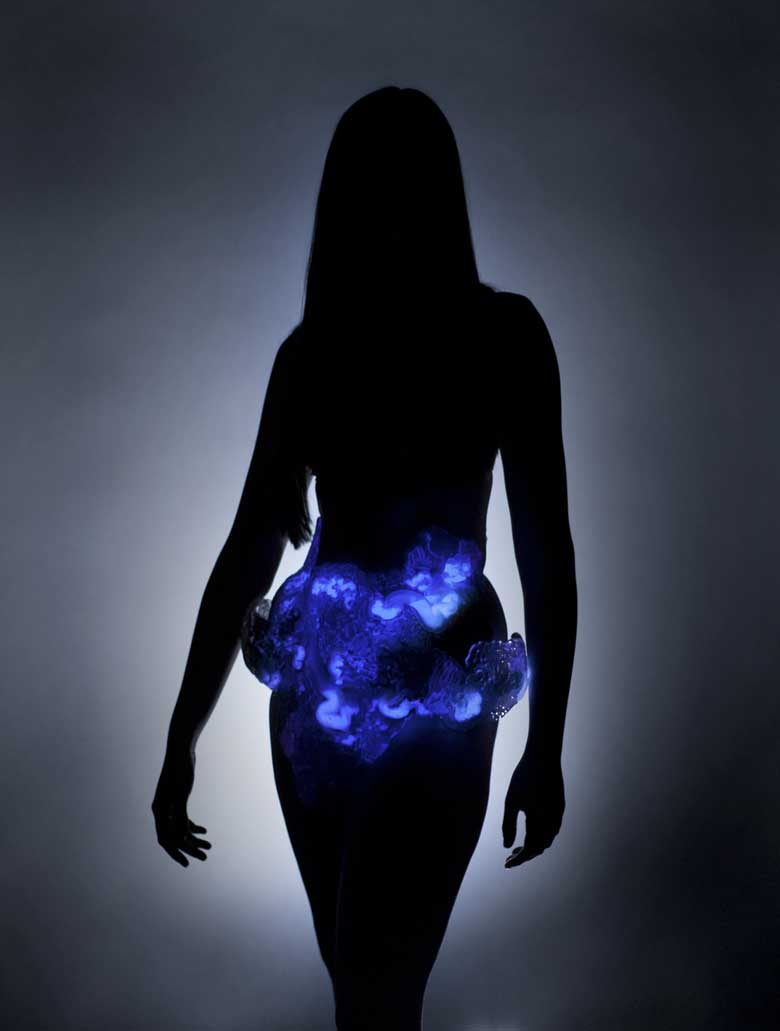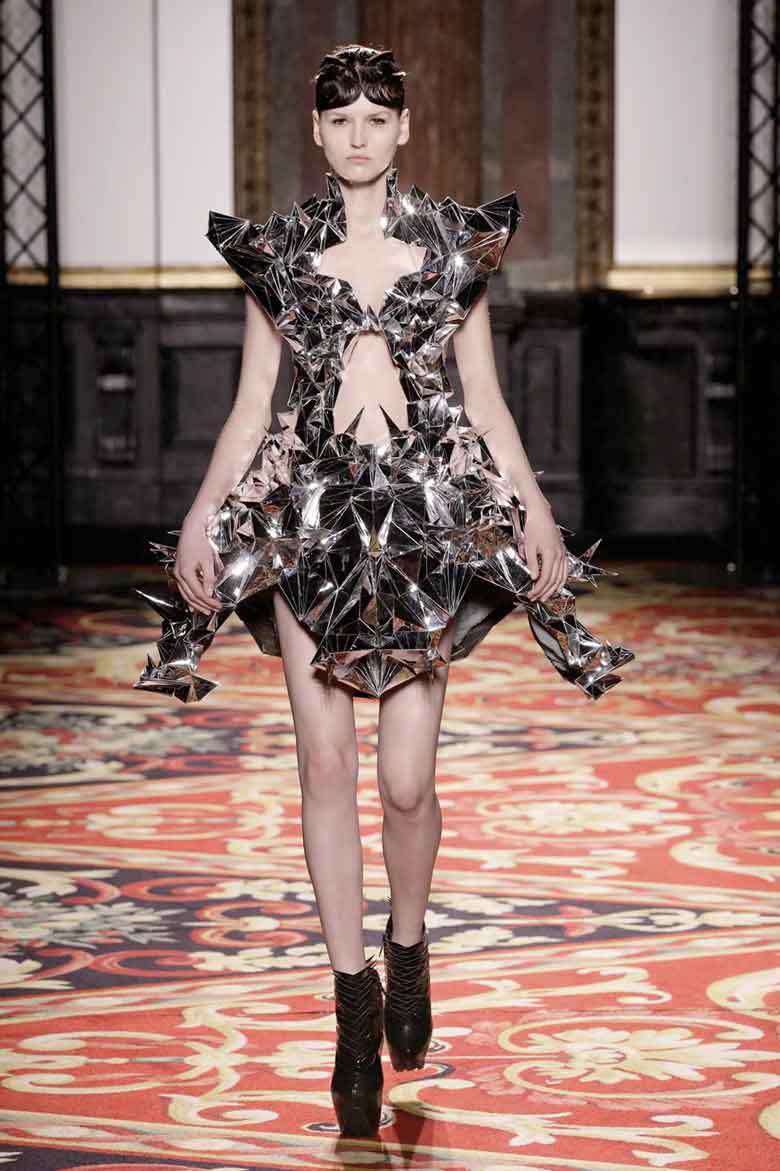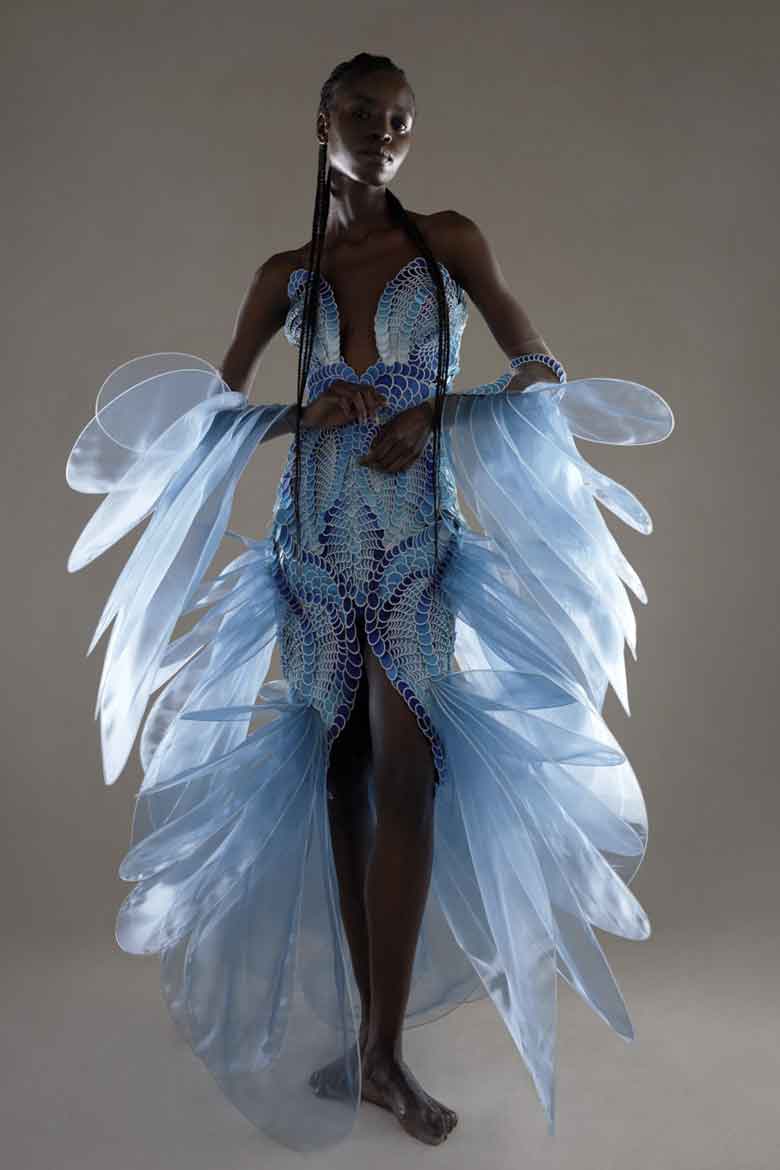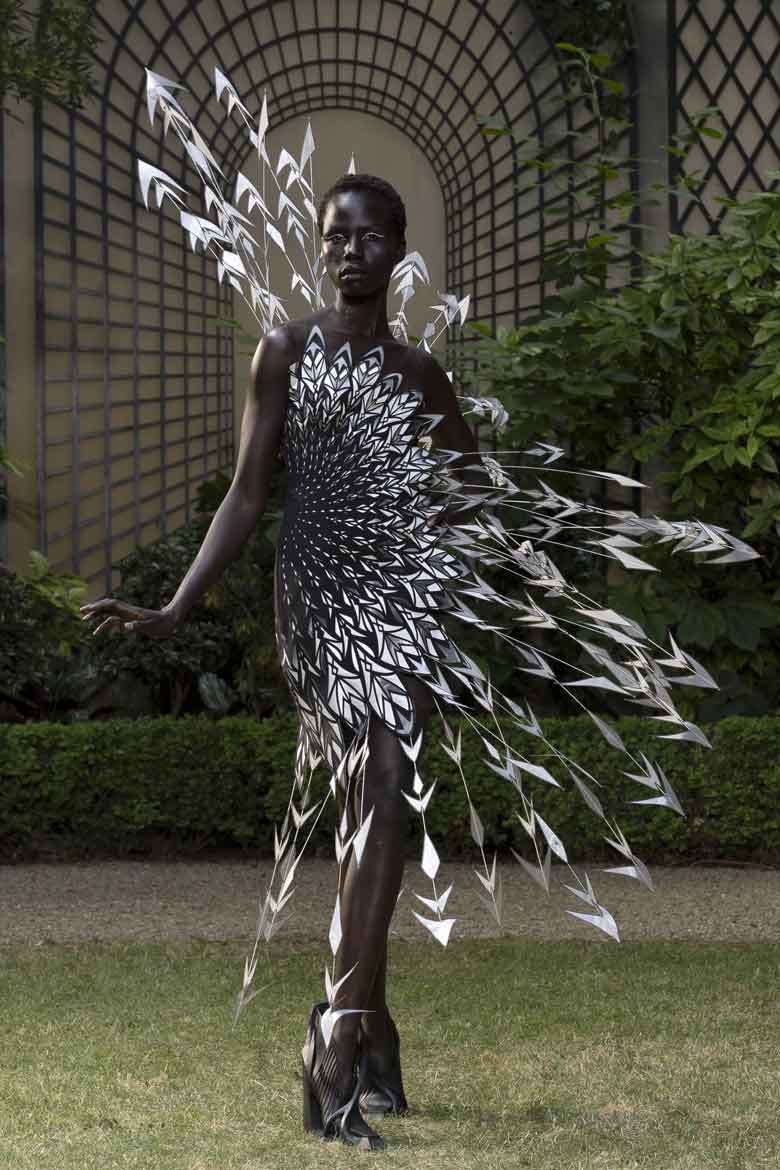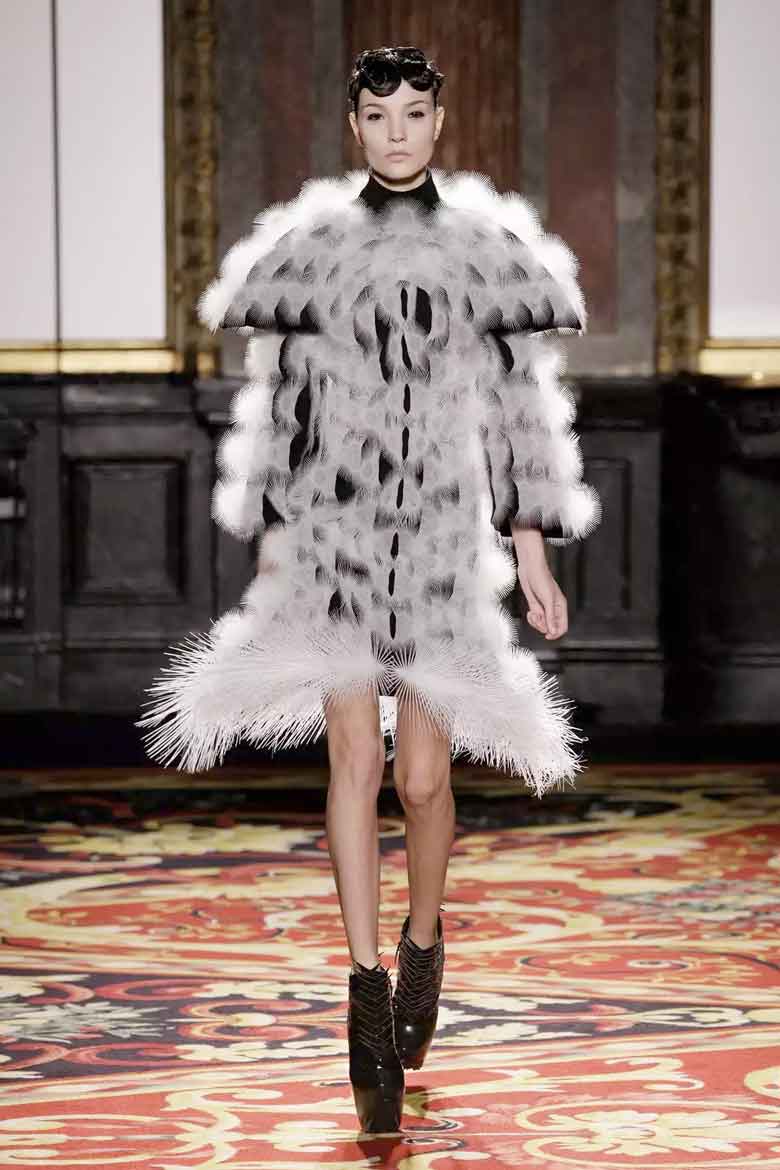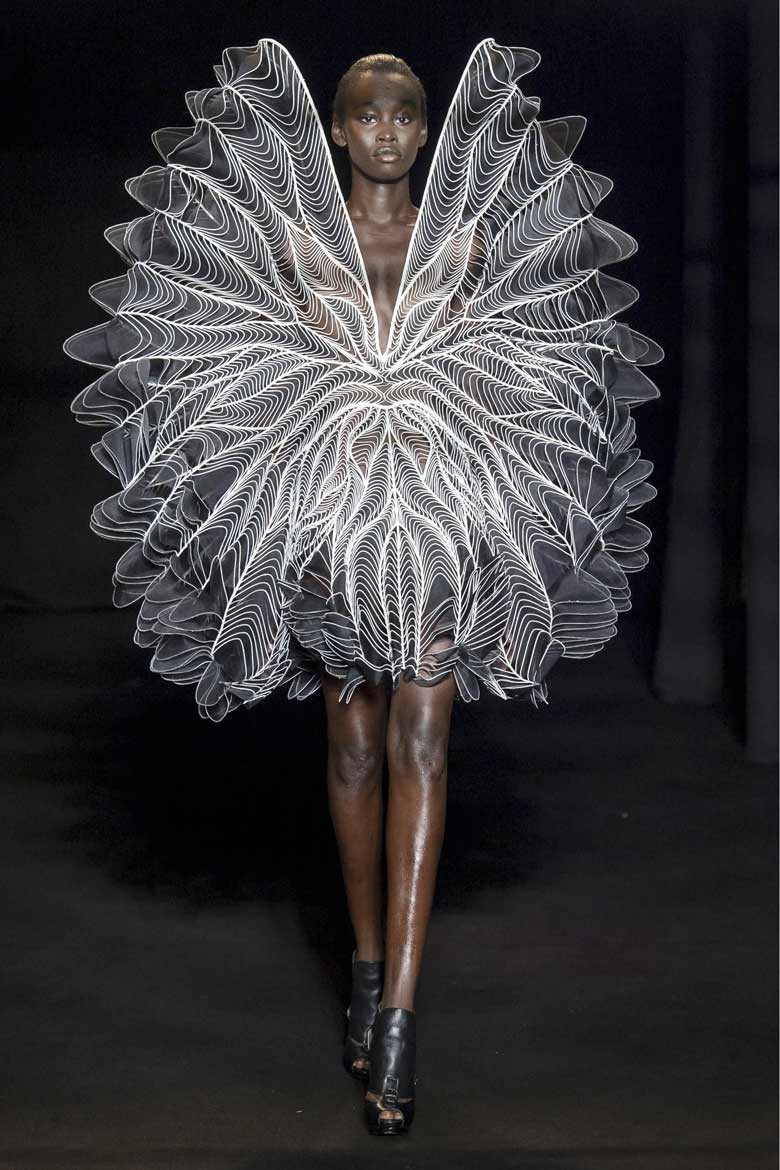Futuristic design, visions of tomorrow shape the canvas of today
More than a style, it’s a philosophy, an ideology that seeks to harmonise humanity and technology while crafting an aesthetic of bold aspiration. Futuristic design defies convention and invites us to envision what lies beyond the horizon.
In the silent corridors of time, where shadows lengthen and dreams take form, there exists a realm where imagination dances with technology and creativity transcends the present. It’s Futuristic design, where visions of tomorrow shape the canvas of today.
It is a universe defined by sleek lines, ethereal geometries and innovations that appear to leap from science fiction films, resonating with whispers of utopia and the unrelenting hum of progress.
Let us journey into this avant-garde domain and explore the maestros who have sculpted its identity.
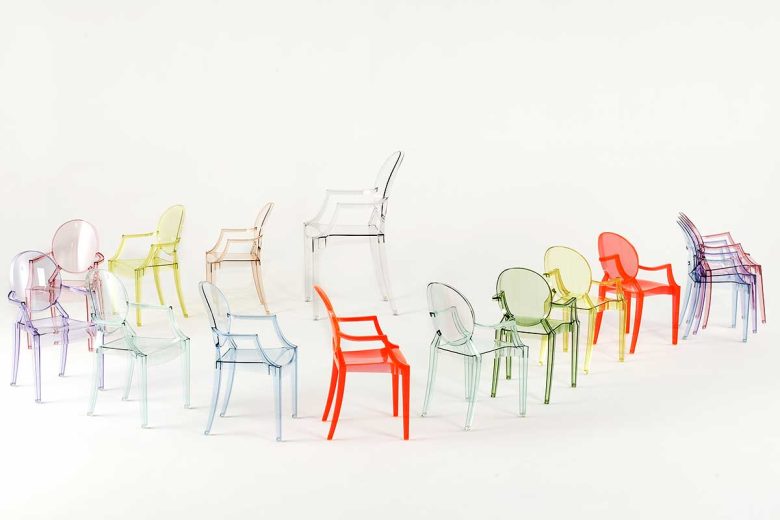
Philippe Starck, master of functional Futurism
This Parisian architect has revolutionised industrial and interior design. With a playful yet cutting-edge approach, Starck’s creations often merge the surreal with the practical. His work is imbued with poetic narrative, blending functionality with futuristic aesthetics.
This marriage of design and technology encapsulates the ethos of futuristic design: simplicity fused with innovation.
Louis Ghost Chair is his transparent polycarbonate marvel that reimagines classical form through a modern lens. Though seemingly fragile, its material and design embody resilience and adaptability, the qualities that define the future.
Starck’s Xiaomi Mi MIX Smartphone is a sleek device that stripped away bezels to redefine the modern phone.
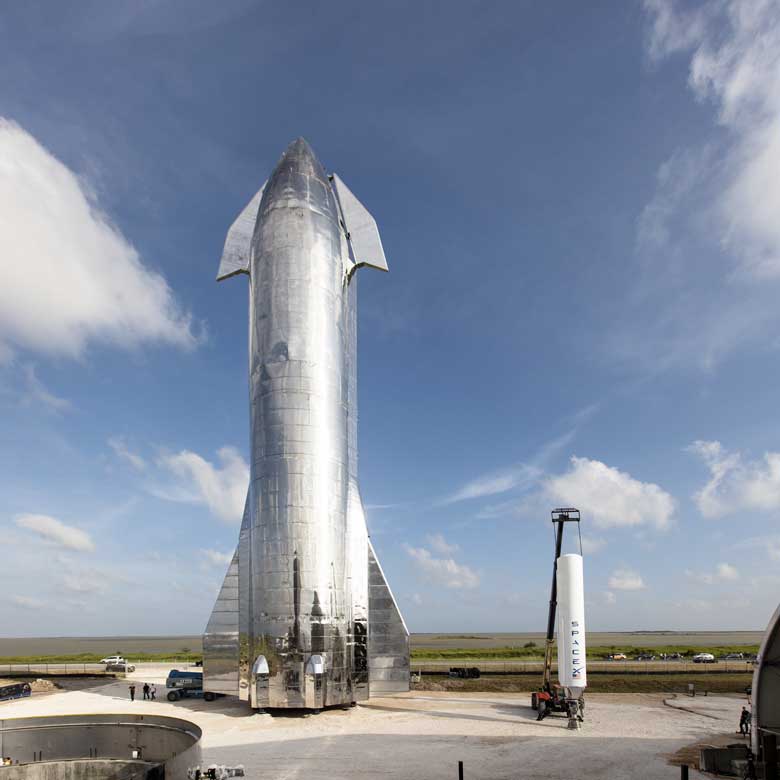
Elon Musk, technological dreamer
Musk embodies the spirit of futuristic design through his groundbreaking ventures. His creations, Tesla electric vehicles, SpaceX’s rockets and even the Hyperloop, revolutionary fast train concept, are more than feats of engineering. They are visions of a sustainable, interconnected future.
Musk’s inventions remind us that futuristic design is as much about shaping dreams as it is about shaping objects.
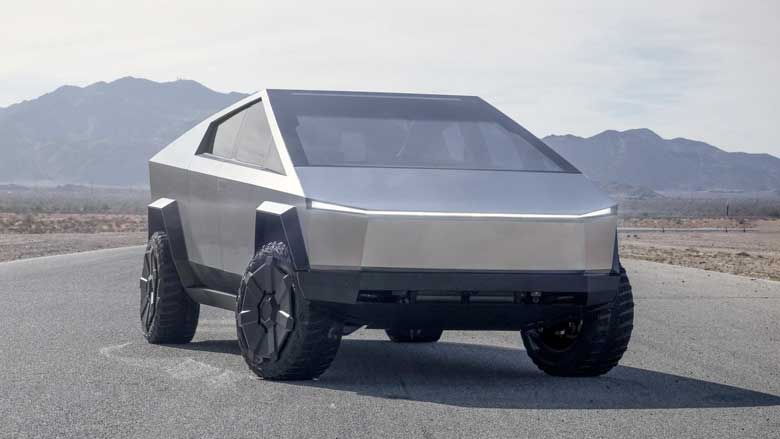
Tesla Cybertruck, with its angular, post-apocalyptic aesthetic, is a striking departure from traditional vehicle design. Its stainless-steel exoskeleton and bulletproof glass evoke a world of innovative resilience. More than a merely utilitarian, it’s a statement that the future is here. It looks unlike anything we have seen before.
Through SpaceX, Musk introduces Starship, spacecraft designed for interplanetary travel. Its streamlined, reflective surface mirrors the vastness of space, embodying humanity’s aspiration to transcend earthly confines.
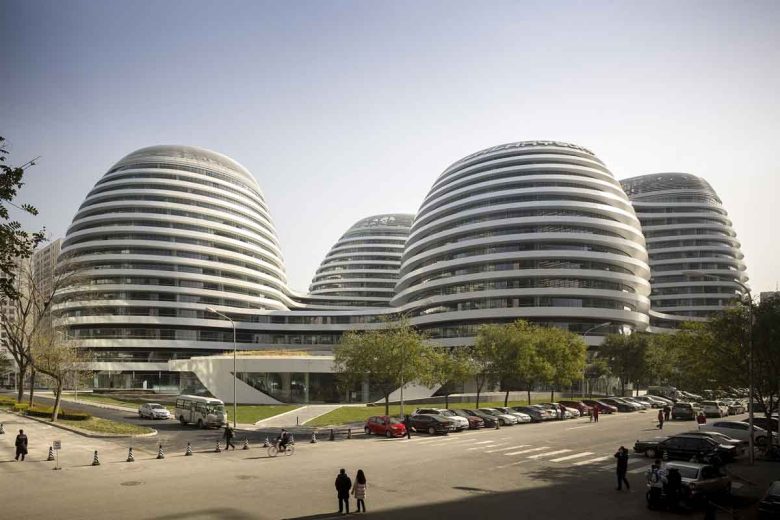
Zaha Hadid, Architectural visionary
Hadid is a name that resonates with unparalleled brilliance. Often referred to as the “Queen of the Curve” her designs are not merely buildings. They are symphonies of space, light and innovation.
Her architectural masterpieces defy gravity and challenge conventional notions of geometry.
The Heydar Aliyev Center in Baku (Azerbaijan), exemplifies this vision. The building’s fluid, undulating forms create an
almost otherworldly presence, as though it emerged organically from the earth’s surface. Free from rigid angles and straight lines, it stands as a testament to her belief that architecture should be a transformative experience.
Another Hadid’s iconic work, the Galaxy SOHO Complex in Beijing, embodies her philosophy of seamless connectivity. The flowing, interconnected domes evoke an urban landscape infused with futuristic elegance. Hadid’s designs are not just functional structures but monuments to possibility, offering glimpses of a world unbounded by limitations.
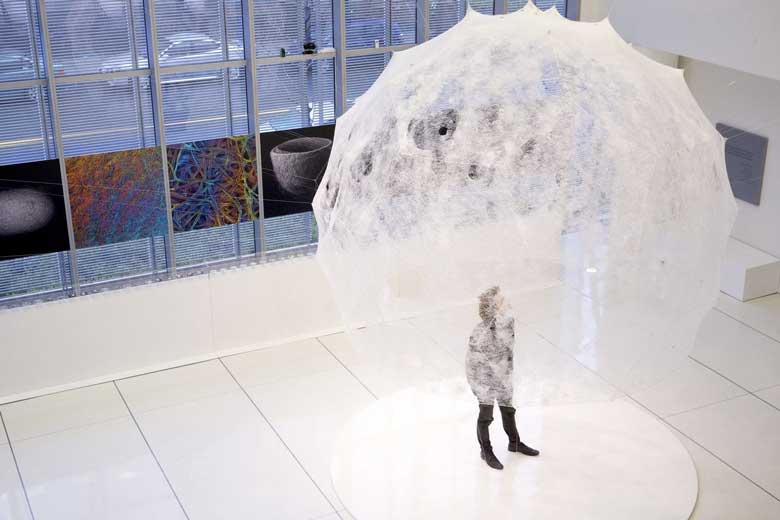
Neri Oxman, sciences fuser
At the intersection of biology and technology lies Neri Oxman, pioneer whose creations push the boundaries of material and form. Her approach to “Material Ecology,” envisions a world where design mimics and collaborates with nature.
Her Silk Pavilion, constructed by silkworms guided by robotic arms, exemplifies this philosophy. The structure blurs the line between organic and mechanical, suggesting a future where design and nature coexist in harmony.
Another Oxman’s groundbreaking works, Mushtari, is a wearable skin system designed to support microbial life. Its intricate, sinuous form is both aesthetically mesmerising and functionally innovative, highlighting the potential of symbiotic relationships in futuristic design.
Iris van Herpen, intergalactic fashion
Having a background in dance, she has a deep connection to the physicality of the body, its strength and ability to convey emotion.
Dutch fashion designer crafts garments that resemble wearable sculptures. Her use of 3D printing and unconventional materials creates ethereal pieces that seem plucked from an intergalactic runway.
Iris’s experiments explore new fabrics created by blending steel with silk or iron filings with resin. She incorporates unexpected pieces ranging from umbrella tines to magnets pushing the boundaries of 3-D printing.
They take years to finish and are worked by 50-100 skilled experts. Iris combines traditional techniques: pleating, draping, beading… with cutting-edge technologies: silicone molding, laser cutting…
Her Voltage Collection, show clothes that shimmer and shift like living entities. Her most famous clients: Beyoncé, Natalie Portman, Dove Camero and Winnie Harlow.
The visual language of futuristic design is as diverse as the creators who define it. From architecture to technology, from art to fashion, it speaks of the unknown: minimalism intertwined with bold experimentation, sustainability melded with audacity.
Dyson Airwrap a hair styling tool, reimagines everyday grooming through aerodynamic technology. Dyson Cyclone- V10, vacuum cleaner with sleek, lightweight design, transforms mundane household chores into a cinematic experience. Both practical and avant-garde, encapsulate futuristic ethos.

Future beckons
Tomorrow design is a perpetual quest, a search for the sublime, a yearning to shape the intangible into tangible beauty.
It invites us to imagine a world where boundaries between science and art dissolve, where technology serves not just as a tool but as an extension of human creativity.
As we move into 21st century, echoes of the future grow louder. Architects, industrial designers, artists and technologists are answering, each contributing their verses to the grand symphony of innovation.
Whether in the curves of a building, the hum of a machine, or the glow of a screen, futuristic design reminds us of our infinite potential.
We stand on the precipice of possibility, gazing into a passionate horizon illuminated by visionaries like Starck, Musk, Hadid, Oxman and van Herpen.
Their work is a reflection of what is to come and a beacon, guiding us toward a bright and bold future. They form an ode to tomorrow, testament to human ingenuity and the unyielding desire to dream beyond the stars.
